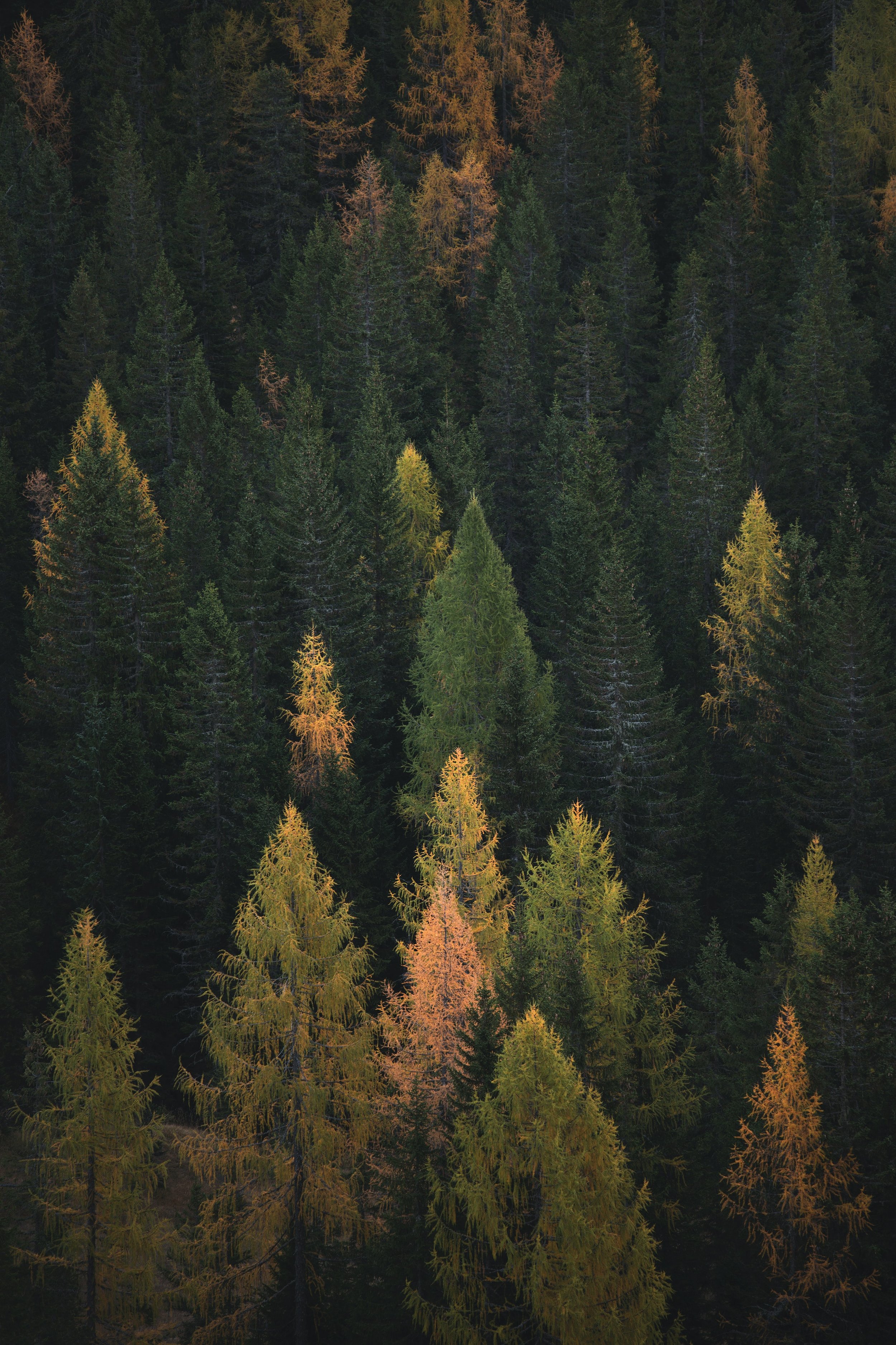
Get to know our
Gordon Green products.
It’s no secret that the fashion industry is a major contributor to carbon emissions and greenhouse gasses. In 2023, we launched the Gordon Green logo. All products carrying this logo contain properties that promote environmental stewardship, to help our customers make conscious decisions.
Look for this logo across our product pages to identify and understand the sustainability properties of our fabrics.
Linen
Made for slow fashion! Linen is a durable fibre derived from flax, a hardy plant that requires less water than cotton and no fertilizers nor pesticides to grow. Flax plants are also extremely versatile, meaning the entire plant can be used (did someone say minimal waste?).
Fabrics: Blaire, Ibiza, Aurora, Tulum, Freya
The flax used in the following qualities is imported from Europe, cultivated without irrigation, and is GMO free:
Fabrics: Cairo, Sicily, Sahara, Nomad, Ashton, Lana, Toscana, Athena, Bella, Lisbon, Sutton, Florence, Malaga, Stevie, Milano, Pyper2, Sonoma, Savannah, Utopia, Byron, Amalfi, Perla, Valleta
Hemp
Hemp is a Gordon Green all star! Hemp is one of the most eco-friendly fabrics in the world; it does not require high levels of water compared to cotton, and naturally replenishes soil nutrients while it is growing. Raw hemp also absorbs more CO2 per hectare than forest, which is music to our ears.
Fabrics: Grace
Organic Cotton
Our planet does a lot for us, organic cotton is a way of saying thank you! Organic cotton is grown with non-GMO seeds and without synthetic pesticides nor artificial fertilizers. This can help benefit workers’ health, community access to clean water and supplies, and agricultural land lifespan.
Fabrics: Zola, Porter, Ashton, Lennon, Gianna, Charlie, Nina
TENCEL™ Lyocell
TENCEL™ branded lyocell fibres are produced by an environmentally responsible process, from sustainably sourced natural raw material wood. In addition to this, TENCEL™ branded lyocell fibres are made with at least 50% less carbon emissions and water consumption compared to generic (unbranded) lyocell. A reminder that in order to use Lenzing's trademarked names, you must register your company with Lenzing and apply for product licensing. For more information, click here.
LENZING ™ & TENCEL™ are trademarks of Lenzing AG.
Fabrics: Horizon2, Georgia, River, Skylar, Sadie, Sienna, Olivia
TENCEL™ Modal
TENCEL™ branded modal fibres are produced by an environmentally responsible process, from sustainably sourced natural raw material wood. In addition to this, TENCEL™ branded modal fibres are made with at least 50% less carbon emissions and water consumption compared to generic (unbranded) modal. A reminder that in order to use Lenzing's trademarked names, you must register your company with Lenzing and apply for product licensing. For more information, click here.
Select Reese & Hudson colours are made with carbon-zero TENCEL™ Modal fibres, which are certified as CarbonNeutral™ products by Natural Capital Partners.
LENZING ™ & TENCEL™ are trademarks of Lenzing AG.
LENZING™ ECOVERO™
LENZING™ ECOVERO™ branded viscose fibres come from certified renewable wood sources and are created using an eco-responsible production process. A reminder that in order to use Lenzing's trademarked names, you must register your company with Lenzing and apply for product licensing. For more information on this process, click here.
LENZING ™ & ECOVERO™ are trademarks of Lenzing AG.
Fabrics: Royce, Riley, Noelle, Gabriella, Oakley, Melrose, Gia, Mandy
Ramie
We love plant-based options! Ramie is a vegan alternative to silk. It is made from the stalk of the Chinese Nettle plant and does not require any herbicides or pesticides to grow. This perennial plant-based option is one of the strongest natural fibres around; it is eight times stronger than cotton when wet (which is perfect for creating durable, long lasting pieces).
Fabrics: Kendall
Bamboo
Have you ever tried to get rid of bamboo from your yard? It’s nearly impossible because bamboo is an extremely resilient grass. It requires very little water compared to cotton and no pesticides to grow. Plus, it can absorb up to 35% more CO2 from the air than regular hardwood trees, helping to reduce CO2 in the atmosphere before it is harvested.
Fabrics: Luxor
Cupro
Waste not, want not. Our Cupro is imported from Asahi Kasei in Japan and milled in China. It is produced in a closed loop production system, meaning waste created during the production process is reused in the production of additional products.
Fabrics: Geneva
Merino Wool
Sheep produce new fleece each year, making merino wool a renewable fibre. Fun fact: Merino sheep have wrinkly skin, which means they produce more wool per sheep than other wool choices.
Fabrics: Merino
Recycled Polyester
Diverting plastic from landfills and making beautiful fabric; win-win! This fabric is made with RPET (Recycled PET Fabric), which means it was made from recycled plastic bottles. The production of RPET saves nearly 80% of energy compared with the production of polyester by conventional process.
Fabrics: Jagger, Lexington, Cooper, Turin, Livorno, Alexis, Avril












